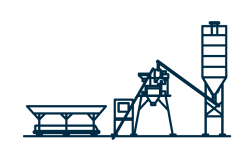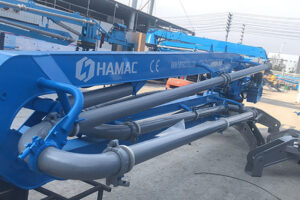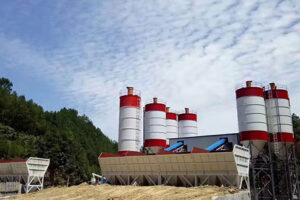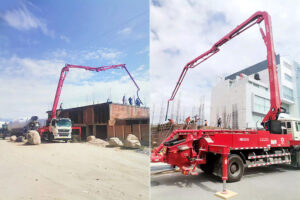
Your position: Home — What Aspects to Consider When Choosing Concrete Pumps
Introduction to Concrete Pumps
Concrete pumps are designed to transport concrete from the mixing site to the required construction area. Concrete pump is a fully automatic machine that uses pressure to continuously transport concrete along the pipeline to achieve accurate and efficient delivery of concrete.
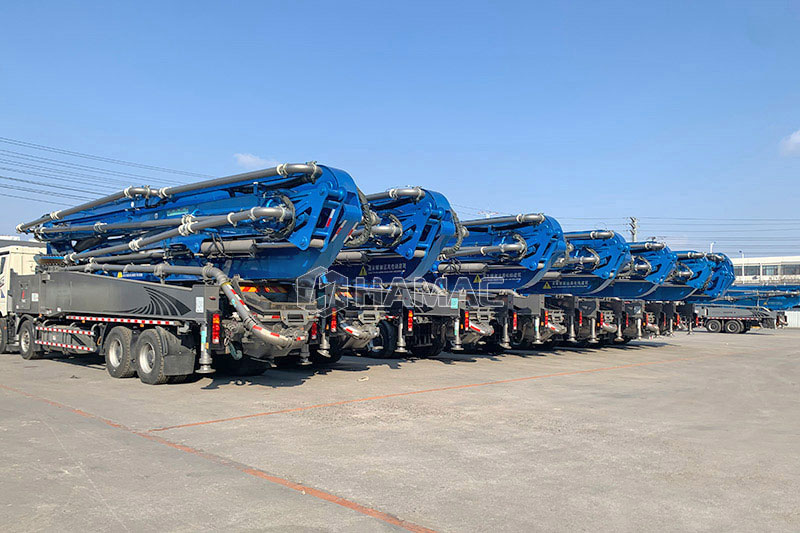
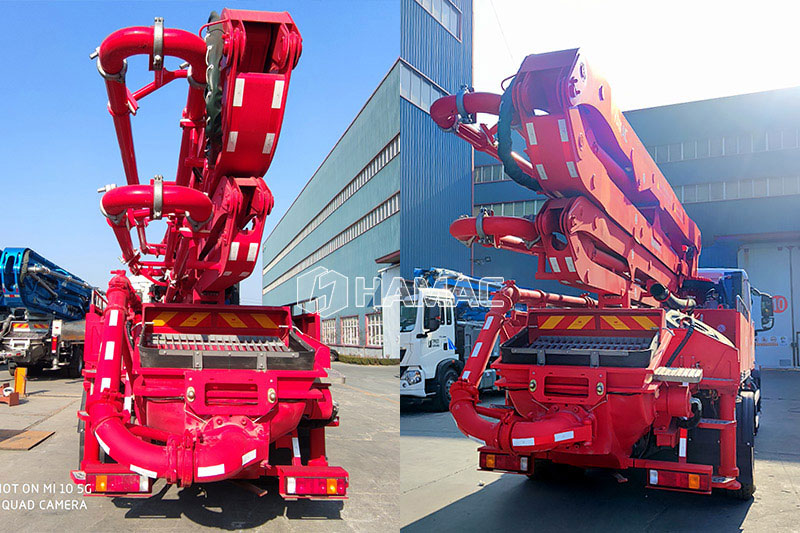
Importance of Choosing the Right Concrete Pump
In the field of construction and concreting, the choice of equipment can significantly affect a project’s construction time and construction quality. As a bridge between the concrete mixing plant and the construction site, the concrete pump is one of the key machinery that determines the efficiency and quality of the project. Choosing the right concrete pump can simplify operations, increase safety and ensure the overall success of your construction projects.
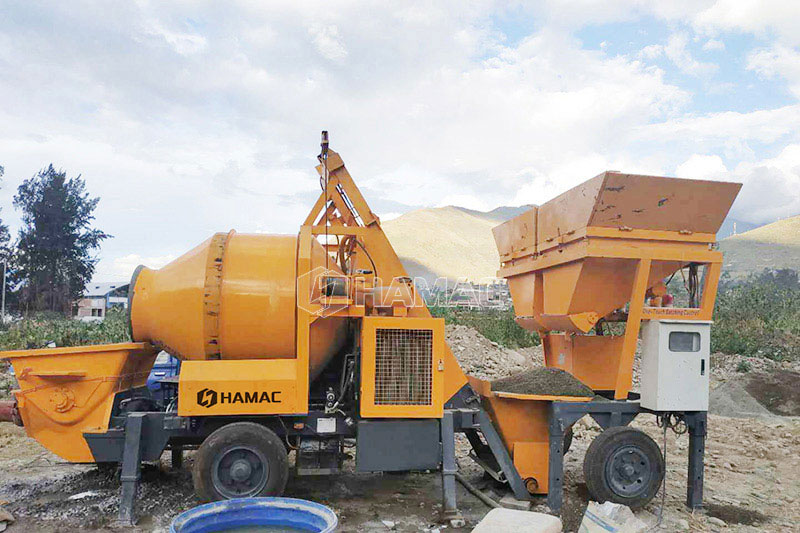
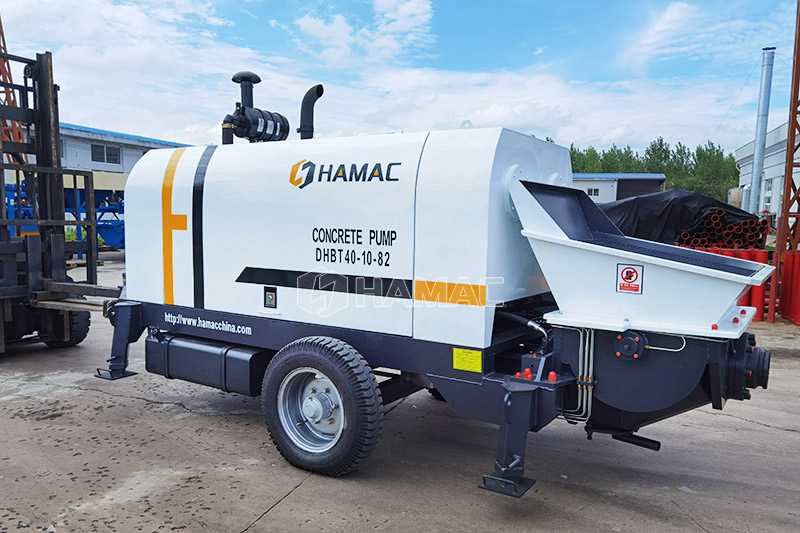
First, You Need to Know Types of Concrete Pumps for Sale in the Market
Concrete Line Boom Pump
Concrete line boom pumps are equipped with a retractable arm, called a boom, that can climb over obstacles and into challenging areas. Boom pumps are especially useful for projects that require precise placement of concrete over significant heights and distances. Inline pumps are versatile and ideal for projects where space or access is limited. They use flexible hoses to transport concrete, making them suitable for pouring concrete in tight places, such as inside buildings or through narrow passages. The concrete line boom pump is a precision piece of equipment designed to transport and place concrete with unrivaled precision and range.
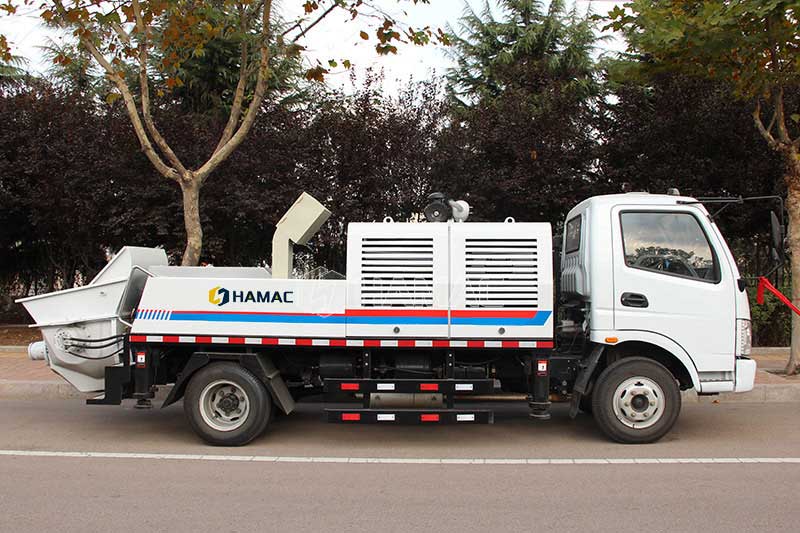
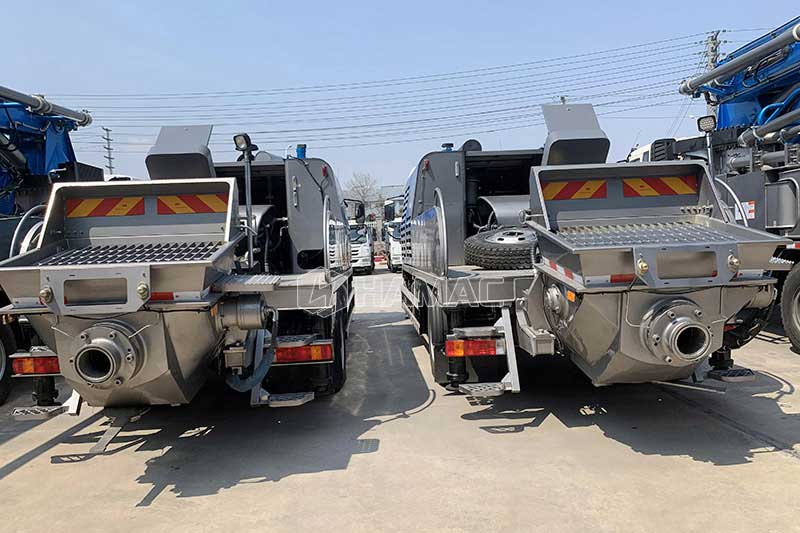
Trailer Concrete Pump
A trailer concrete pump is a portable, self-contained machine designed to transport and deliver concrete to construction sites. Unlike stationary concrete pumps that stay in place, trailer pumps are mounted on a trailer for easy transport from one construction site to another. They are a popular choice for projects that require flexibility, mobility, and the ability to pour concrete in different locations. They are often used for smaller construction projects and can be quickly installed at different construction sites.
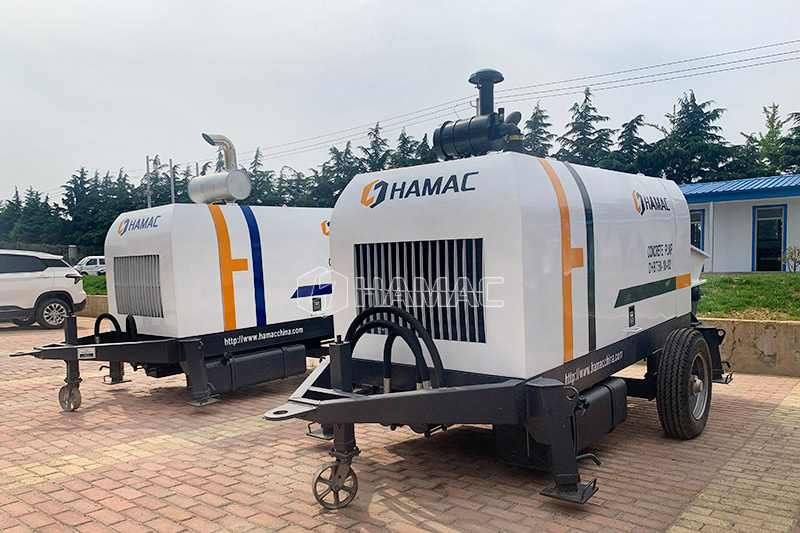
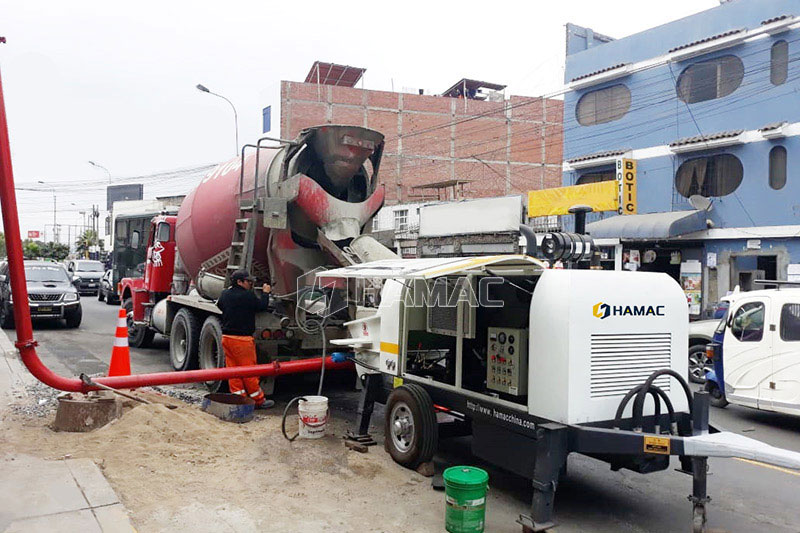
Concrete Mixer Pump
Concrete Mixer pumps combine the mixing power of a concrete mixer with the precise pumping of a concrete pump. This equipment can not only mix the concrete mixture, but also deliver the concrete to the desired location. This dual function makes concrete mixer pumps essential equipment for construction projects of all sizes. Its ability to seamlessly mix mixing and pumping functions simplifies the concrete placement process, helping to improve efficiency, accuracy and safety on construction sites.

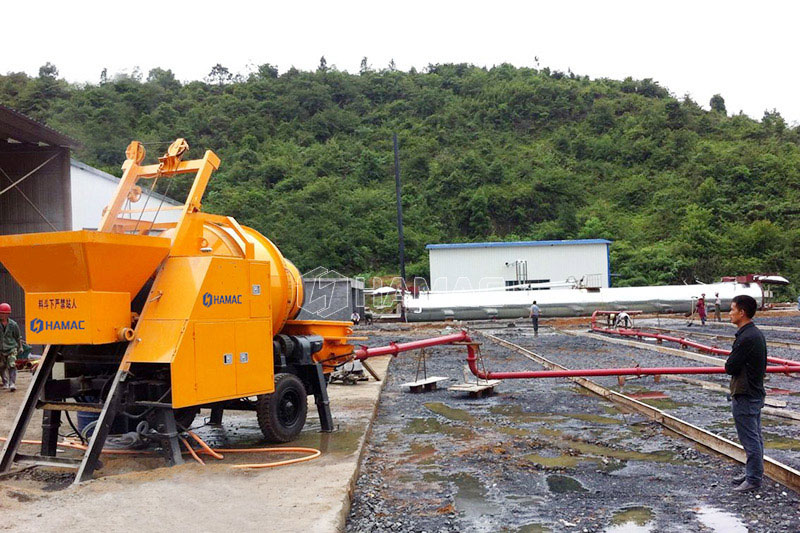
Concrete Pump Truck
Concrete pump truck is a kind of equipment that combines concrete pump with vehicle boom. This integration allows concrete to be transported directly to the construction site while providing the flexibility to deliver concrete exactly where it is needed. The truck-mounted boom can extend, articulate and swivel for easy access to a variety of areas, including tall buildings, tight spaces and challenging terrain.
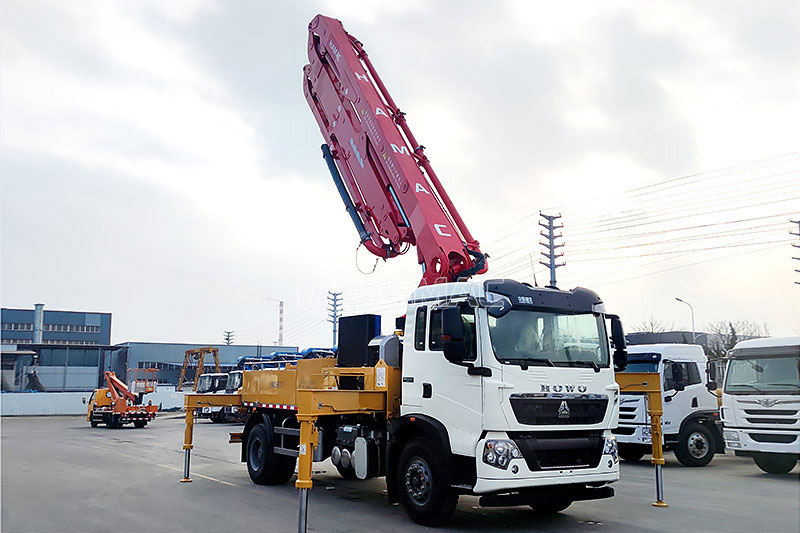
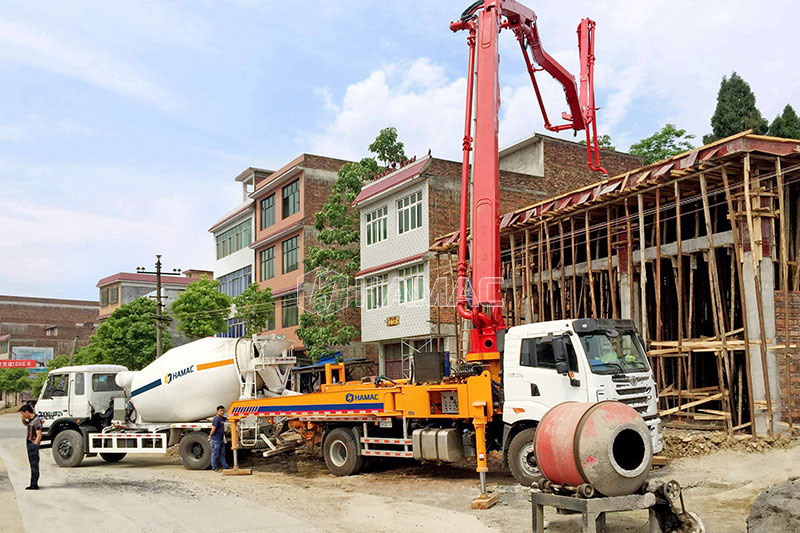
Second, Choose According to Pump Capacity and Output
Calculate the volume of concrete needed for the projects. To do this, you need to consider the dimensions of the area to be filled with concrete, including length, width, and depth.
Consider the expected rate at which concrete will be poured. Pour speed depends on the size of the construction crew, available labor, and construction time. Striking a balance between controlled pour rates and project efficiency is critical.
Pumping time. Once you have determined the concrete volume and desired pour rate, you can calculate the required pumping time. Pumping time can help you gauge the efficiency and productivity of your chosen concrete pump.
Consider the distance and height you need to pump concrete. Pumping longer distances or higher altitudes requires more power and may require a pump with a higher output. Consider horizontal and vertical distances to determine the pump’s ability to effectively reach the desired location.
Evaluate the concrete mix. The type and consistency of the concrete mix also plays a role in determining the required pump output. Different concrete mixtures have different flow characteristics, so it is critical to choose a pump that can handle the specific mixture you are using.
Consult an expert or the manufacturer of the concrete pump. Our technical team will advise on the best fit for your needs and help you choose the most suitable model for the specific needs of your construction project.
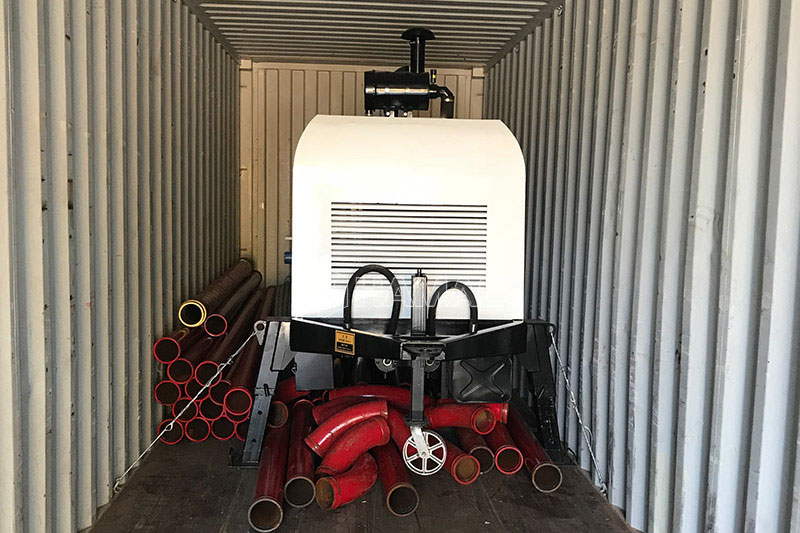
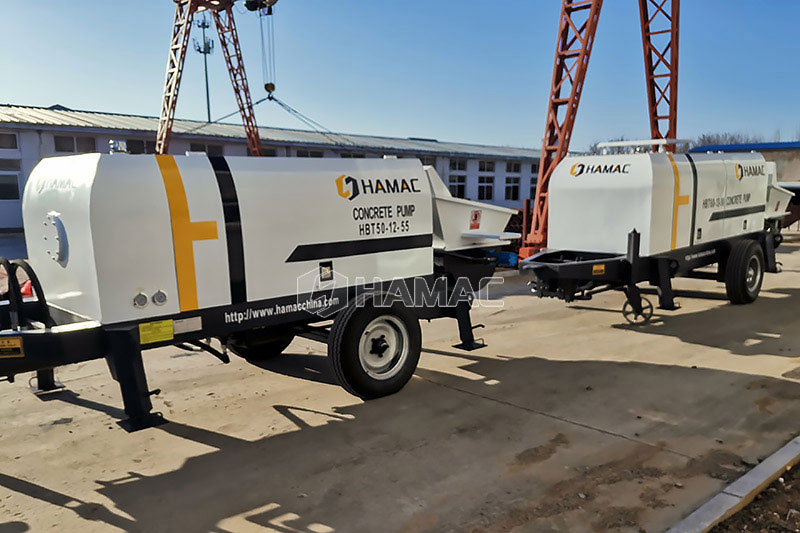
Third, Engine Types and Power Options
Diesel engines
Diesel engines are a popular choice for concrete pumps due to their robustness and reliability. Using a diesel engine, it can provide high torque and stable power even under harsh conditions, making it suitable for long-distance pumping. They’re ideal for outdoors and remote construction sites where steady power may not be readily available. In addition, diesel engines are able to withstand challenging environments and long-term operation, and can have a longer service life with proper use.
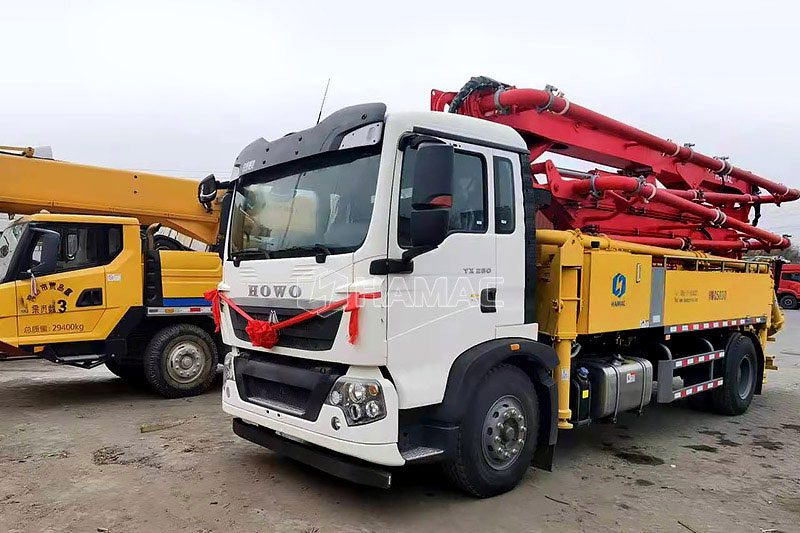
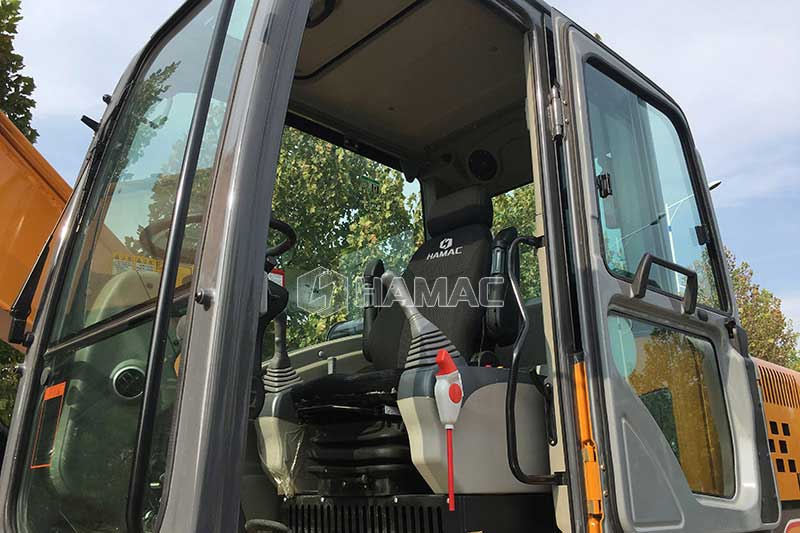
Electric motor
Engines powered by electricity, which offer a quieter and more environmentally friendly option than diesel engines, are known as the preferred choice for construction sites where electricity is readily available. Electric pumps are ideal for indoor projects where emissions and noise control are critical. Additionally, electric motors typically have lower operating costs due to lower fuel bills and reduced maintenance requirements.

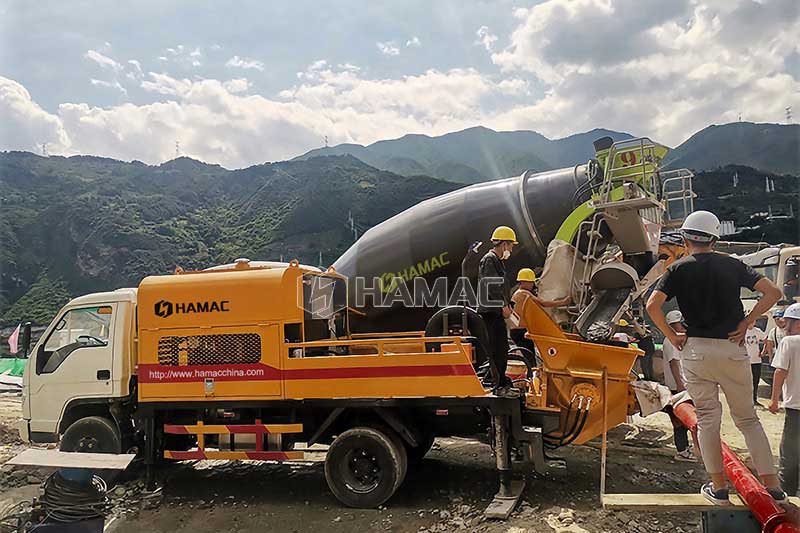
Hybrid Solutions
Hybrid concrete pumps can switch flexibly between diesel and electric modes according to project requirements and environmental considerations. The ability to switch between power sources optimizes fuel consumption, especially during periods of low demand. Mixing pumps can be used in a variety of construction scenarios, with versatility and adaptability to different project conditions.
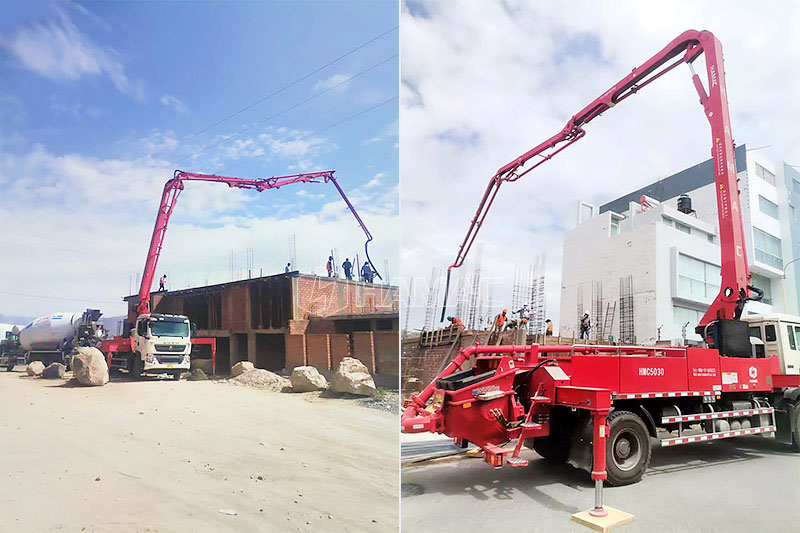

Engine type is an important consideration when selecting a concrete pump for your construction project. Evaluating your project’s specific needs, environmental factors, and operating requirements will guide you in selecting the ideal engine type to power your concrete pump and help ensure project construction quality and efficiency.
Fourth, Cost Considerations
Measure initial investment costs and long-term benefits. The initial investment includes the purchase price of the pump itself, plus any additional accessories, parts and necessary equipment. Weigh this cost against the long-term benefits the pump can bring to your project to choose the best concrete pump.
Balance equipment quality and budget. While cost is an important consideration, the quality of the concrete pump must also be considered. Choosing the least expensive option may not provide the durability, efficiency, and safety features your project requires. Investing in a higher quality pump may be more expensive, but can yield better long-term returns in terms of performance and maintenance expense. Therefore, after comprehensive consideration, choose the most cost-effective concrete pump.
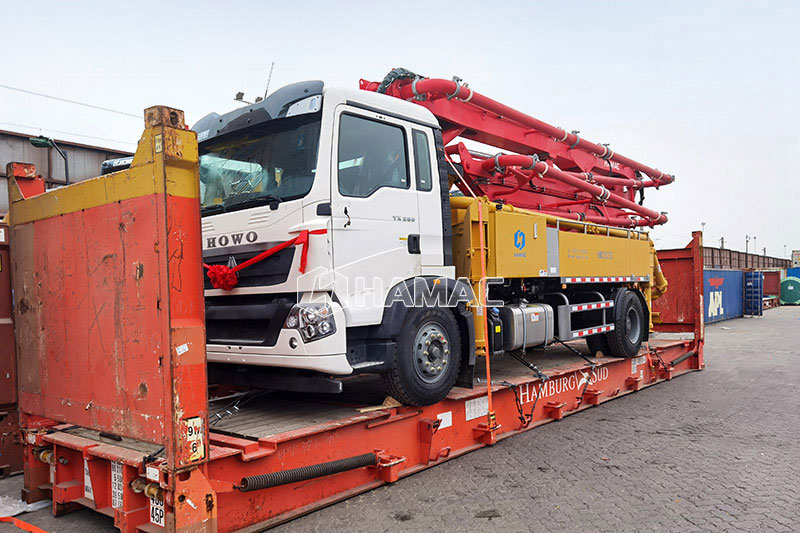
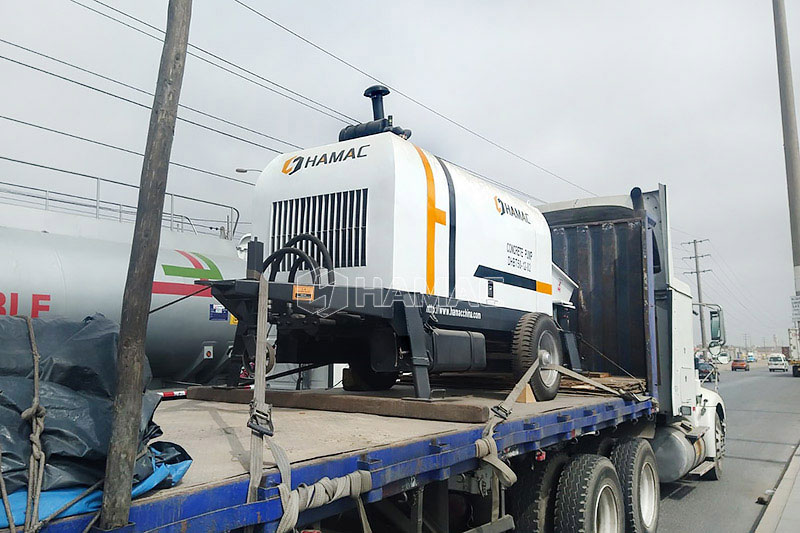
Content Index
- Introduction to Concrete Pumps
- Importance of Choosing the Right Concrete Pump
- First, You Need to Know Types of Concrete Pumps for Sale in the Market
- Second, Choose According to Pump Capacity and Output
- Third, Engine Types and Power Options
- Fourth, Cost Considerations
- Fifth, Where to Buy Concrete Pumps
Fifth, Where to Buy Concrete Pumps
When deciding where to buy a concrete pump, the reliability of the supplier, the quality of the equipment and after-sales service must be given priority. Ultimately, choose the most cost-effective concrete pump model for your project from a reputable concrete pump supplier – HAMAC.
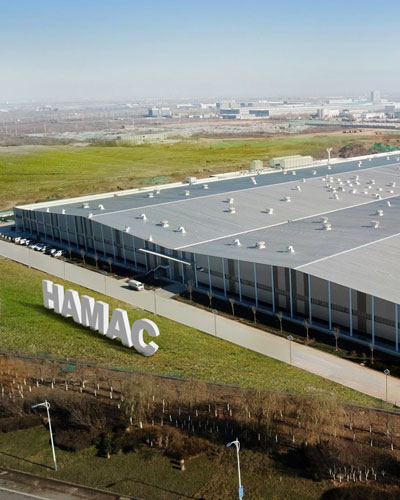
Contact Us
Please fill in the below information. Your information will be kept strictly confidential and will not be used for any purpose other than our business
TEL: 0086-15136236223
EMAIL: [email protected]
SKYPE: hamacchina
ADD: 57th, Kexue Avenue, National HI-TECH Industrial Development Zone, Zhengzhou,China.
